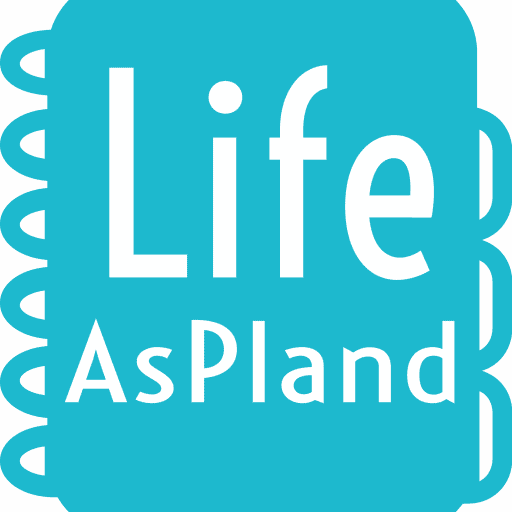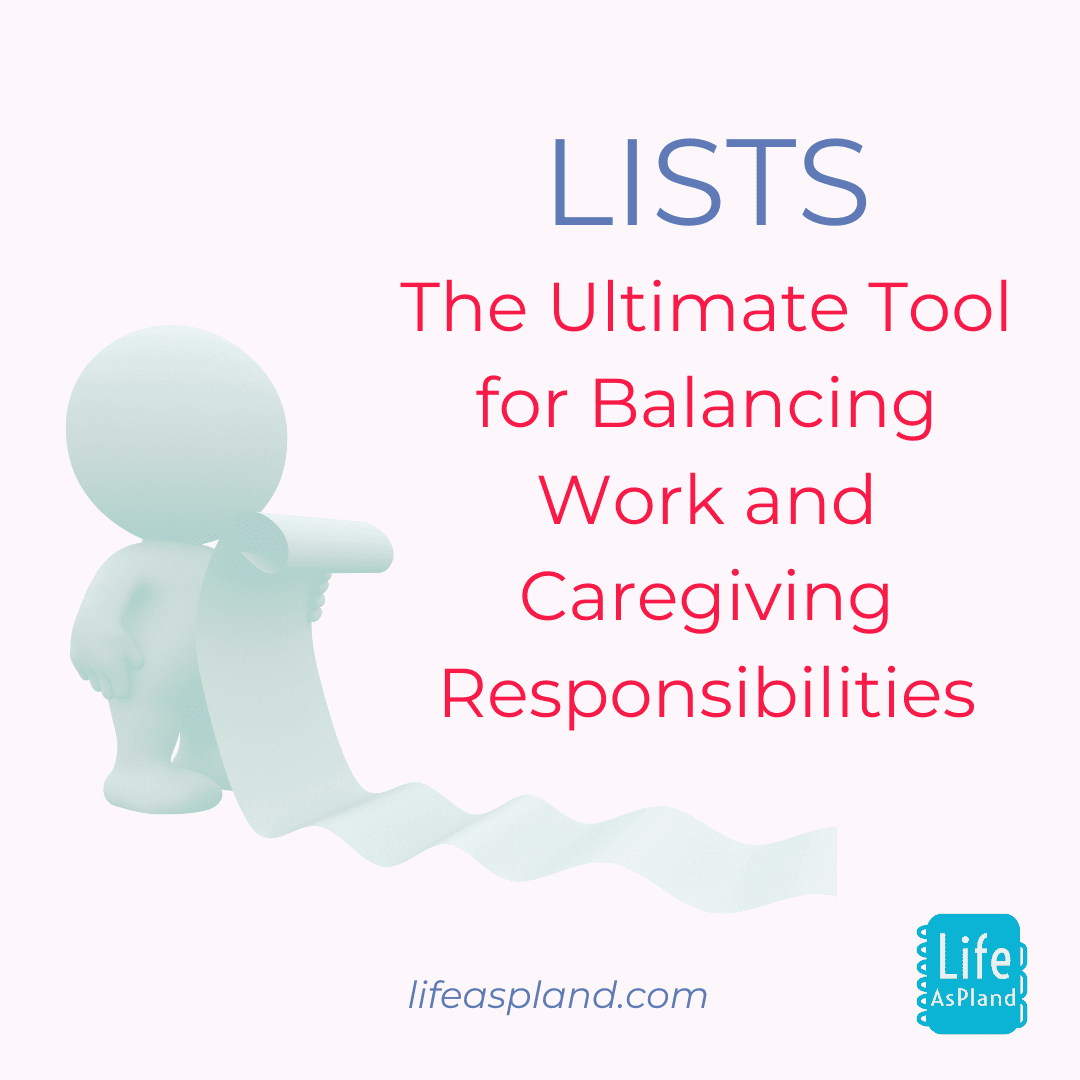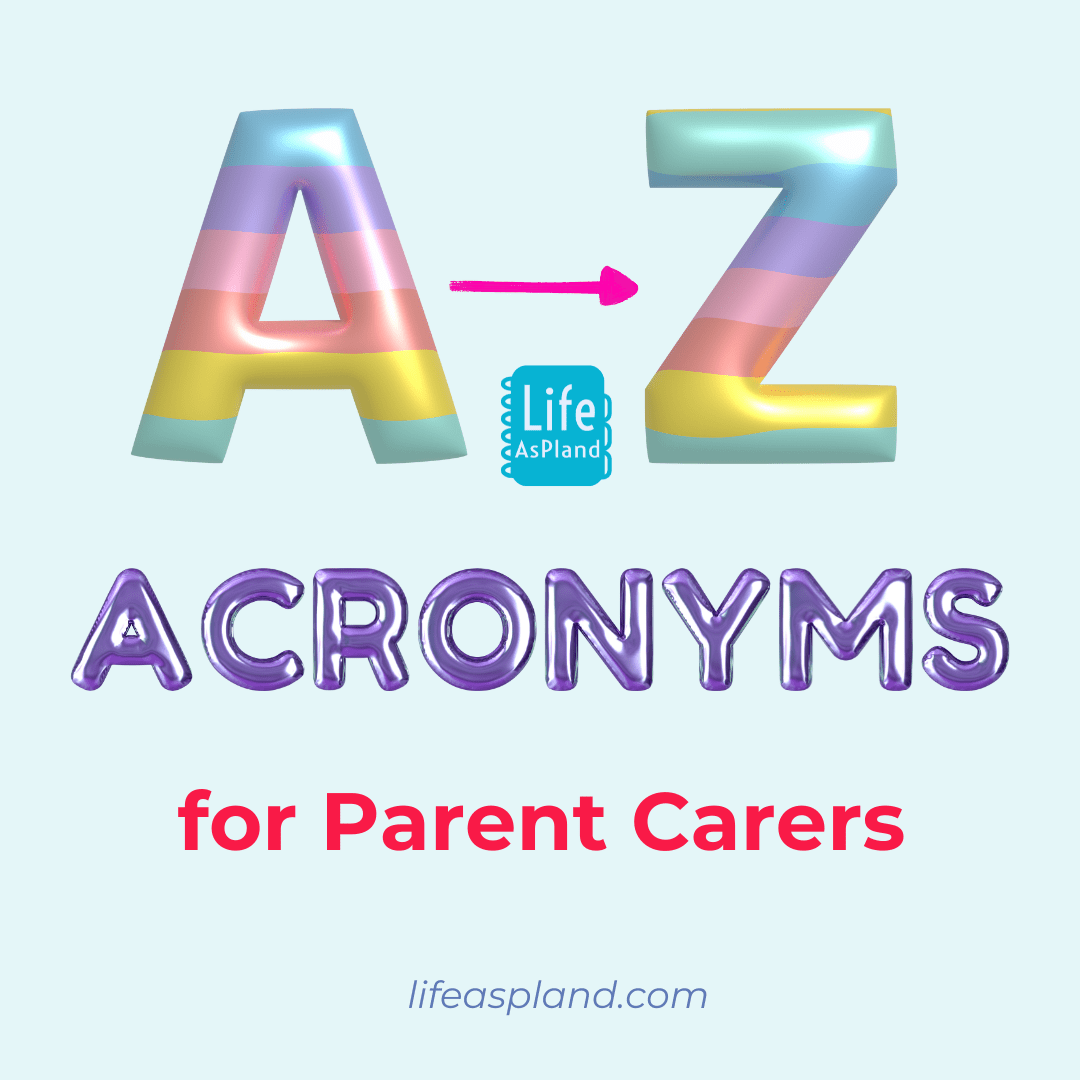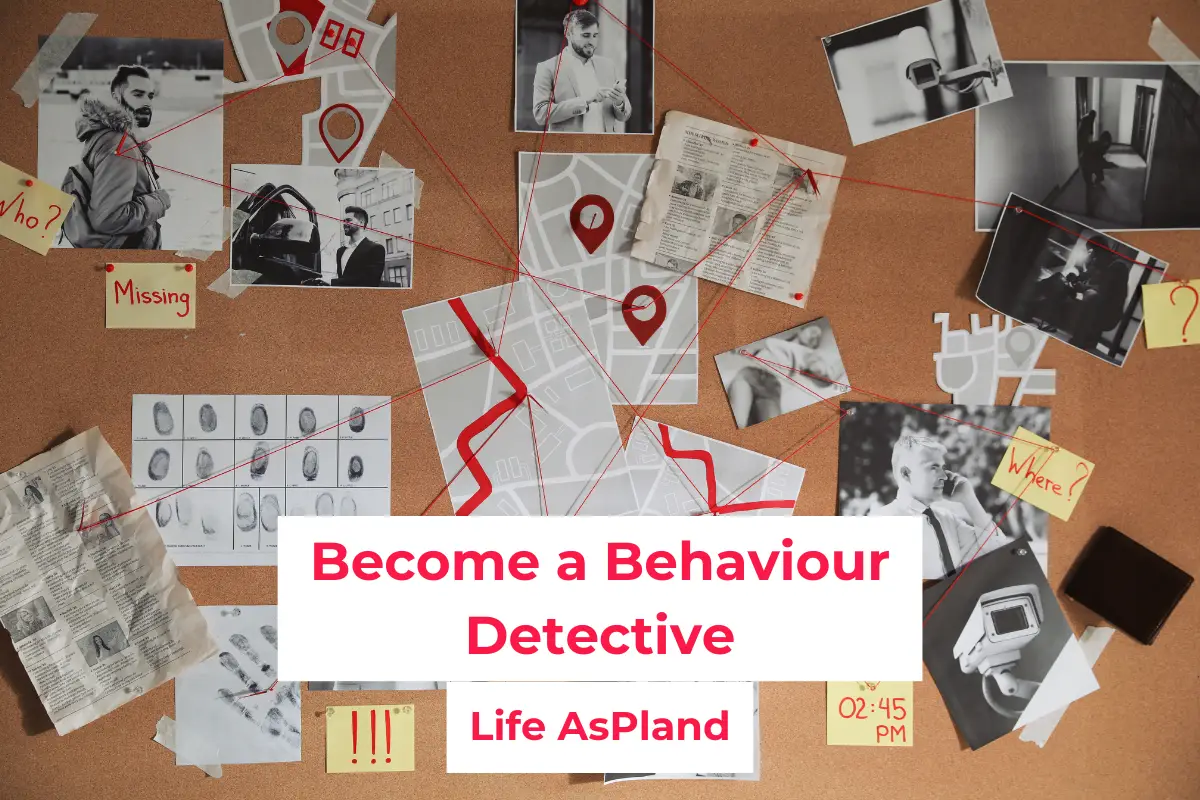As you will have probably guessed by now, I am an avid reader. I love all types of books. General fiction, murder mystery, thriller, romance, adult romance (Yes, I know Mr Grey) and the classics. I am also a huge fan of personal development books. Brene Brown, Gretchen Rubin, Tony Robbins, Bob Proctor, Jack Canfield, Lisa Nicholls, Robin Sharma and the list goes on.
 This week I have been reading Happiness by Design by Paul Dolan. An interesting book as it talks about changing what you do and not what you think whereas many of the self development books talk about the power of your thoughts.
This week I have been reading Happiness by Design by Paul Dolan. An interesting book as it talks about changing what you do and not what you think whereas many of the self development books talk about the power of your thoughts.
One section of the book really resonated with me though. Paul Dolan was looking at “What causes happiness” and one section discussed “resolving uncertainty”. He chatted about studies where people with the Huntington’s disease gene and as expected, those told they had a decreased risk of the disease reported better mental health but also, those told they had an increased risk reported better mental health. Now initially, this makes no sense until you consider that often it is the not knowing that causes the anxiety and stress.
 J’s diagnosis
J’s diagnosis
When I look back at J getting his diagnosis, my memories are of lots of uncertainty. We travelled around the UK trying to find a possibly “solution” and all the time we were unsure about the future. Would he be able to have some sight? Would he have no sight? How many operations would he need? Would we be able to find a surgeon who could perform the surgery?
We found a surgeon but then we struggled to find a hospital where he could perform the surgery. His hospital currently had no PICU so trying to get a honorary contract for him to operate elsewhere became a struggle. We found a hospital but he wasn’t confident with their equipment, then we found a hospital with equipment he liked but we couldn’t get a contract. It was months and months of not knowing what was happening.
When we eventually found a surgeon who could do the surgery and had access to the equipment, we were on a high. Then he explained how many surgeries we would need, what the tiny chances of success were etc and basically he told us that he could do the surgery but he would be doing it for us, not for J. It was so we could say we had tried everything. He was certain that by the age of 11, J would have had numerous surgeries and possibly little, if any vision and we would not have learned to accept that he was blind. So we all sat and made the decision to move on. Forget about putting him through surgery and to register him blind.
It was a heartbreaking decision and I remember travelling home in tears. Those months were excruciatingly painful and stressful. We didn’t “enjoy” being parents, we were tired, we were emotional, we felt useless, we felt out of our depth.
However, once the tears disappeared, so did the uncertainty and we were able to focus on doing everything we could do for him. Now, 9 years later, I do not regret the decision for one minute.
We have a very happy, very cheeky and sometimes naughty 9 year old who makes us laugh out loud, cry tears of pride and keeps it real.
K’s diagnosis
When I then look at K’s diagnosis for ASD, it was so different. K’s hydrocephalus meant his development was already being assessed so when the word “autism” first arrived on the scene, we already had a team around him to chat to. So within a very short time, at a very young age, we were given the diagnosis.
I remember crying as we drove home from the appointment but then I remember feeling relief. We knew what we were dealing with, there was a lot of information out there and again, we could just focus on his needs.
Obviously the next few years were not a walk in the park for any of us, as we learned to adapt and tried to fast track our education, but knowing what we were dealing with and focussing on what we needed to do took a lot of anxiety away.
Families living with uncertainty
I see friends now, with children desperately needing help, a diagnosis, some advice but they are waiting. Living in limbo. Trying to get through the day without really knowing what to do because they don’t know what they are dealing with.
I see lots of families (and practitioners) really struggling at the moment with the introduction of the Children and Families Act. So much uncertainty, so much stress, poor information, wrong information, poor communication (if any) – generally a recipe for poor mental health.
Removing uncertainty is key.
For families and practitioners, pop over to IPSEA who have a huge amazing range of advice and information for families (and practitioners) on the law. For Parents – join a group on Facebook and ask questions in there. Or ask me – if I don’t know, I probably know someone who will.
IPSEA also offer workshops and training days, get in touch with them for more details.







One Comment
What a great post, and utterly true! I can’t get a diagnosis for my 12yo. We realized too late that he had ASD traits. The uncertainty of his education puts me on pins, constantly x